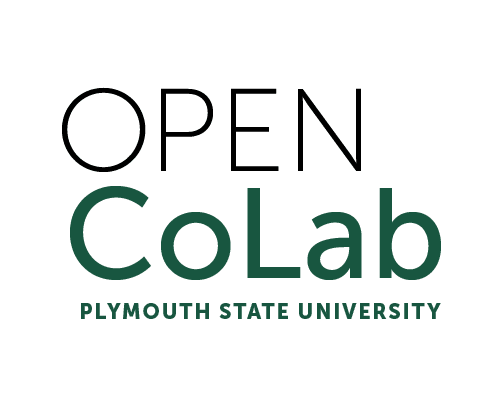I can say, whole-heartedly, that I’m grateful to have had the chance to complete this module. This is my second attempt, as I was in the module last fall and had to bow out early due to a death in the family. Being new to teaching, I had wanted to complete this specific module for some time.
This module is very “soul-deep” in student-centered learning. But I also love how it’s very self-reflective, especially in that Legacy Pedagogy Baggage workbook I did. I started that workbook—woof—with some pretty raw admissions and some internal dialog coming to the surface. This activity is unlike and work I’ve done since my grad course, Transpersonal Psychology. These are thoughts you sit with and process, but never put out on a page to be published for many to see! Nevertheless, that was object of the assignment…baggage. This assignment started to go off the rails in the area of “what I could lay down” and “what I’d pick up instead” I started with needing trust, continuing to do beautiful work in these modules….then it went into positive self-talk and fun/joy for what I’d pick up….then it was all sponge talk, not being judgmental, negative self-talk. At that point, I just went very deep…like, dark ocean deep. Oh well! In all, I loved this assignment and this “Wizard of Oz” type journey it took me on.
This module, I thoroughly enjoyed the readings/annotation work. I loved the “Engaged Pedagogy” chapter we read in Hooks’ Teaching to Transgress: Education as the Practice of Freedom. I love how it spoke about that teaching should be more than students being to taught to absorb information by non-human, all powerful authoritarians in their “mini-kingdoms. Students to be engaged, more holistically, by teachers/professors willing to be vulnerable and to afraid to admit, “I’m not done growing yet, I haven’t reached my full potential”. These classrooms should leave space for empowerment by not just students but for faculty too. I’d love to read through this book in its entirety.
The other reading that stuck with me was Designing for Emergence: The Role of the Instructor in Student-Centered Learning. I enjoyed and really reflected on the defined roles describing instructors in a variety of different terms of: authority, guidance, and presence. These terms made me rethink the more traditional and conventional approach to teaching as an “authority” figure. I had originally thought of my beginnings of teaching almost in this way. Especially in the areas of ”correctness” and creating constraints on work because I wanted ultimate control (something I struggle with) of the process and the product the students would be executing. However, this thinking, isn’t reflective on either side of things. It also doesn’t allow for any freedoms of expressions or critical thinking. It does create this “non-human” entity I referenced above in my previous readings; this isn’t truly who I am. I would have to take a deeper look into who I am, who I wanted to be for my students, and what kind of learning experience they deserve to partake in. The term more loosely fitting would be that of, “guidance”. This is where I intend to thrive. I’ve also believed that students should be the driver in their education, from the values in the classroom to, even a consideration of their own grading; measuring their own success. As a teacher I’d still provide the framework and organization of the class to stay on task, for the most part. I also appreciated the involvement in their own self-evaluation with peer evaluation. How incredible to build this into their learning and support community! With guidance in play, I’d be open to exploring the “presence” role and how, further, students could be their “guides” in their education.
In conclusion, I thoroughly enjoyed this module. It was incredibly refreshing and uplifting. I have many takeaways for this experience. I feel so many more faculty could benefit for this, not just us, the beginners! As an institution, I think there needs to be more self-centered, self-focused, self-driven approaches to learning, including the many approaches to pedagogy. Additionally, opportunities for self and peer-reflections for students and faculty. Thank you for this opportunity!


